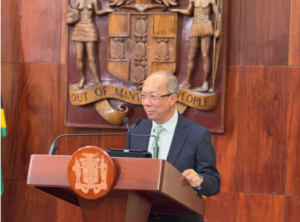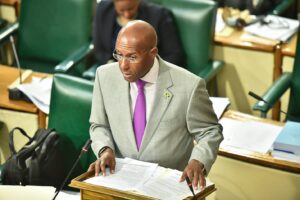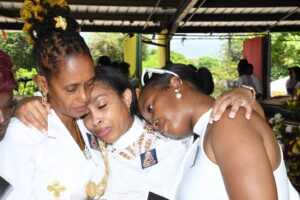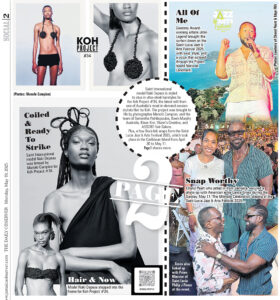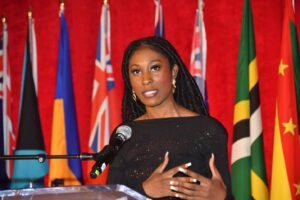
Let’s imagine Kingston as a major leisure tourism destination
Despite Hurricane Beryl and other negatives, including adverse travel advisories, Jamaica reportedly grossed US$4.3 billion from tourism last year.
As always, the bulk of more than four million visitors flocked to the exotic northern and western regions of the island.
A major regret down the years has been the small footprint of Kingston — among the more historic, culture-rich and vibrant cities in the Americas — as a leisure destination.
Violent crime and the perception of such have long been fingered as a leading reason for marked avoidance of Jamaica’s capital by cash-rich vacationers.
That’s more reason for us to celebrate the 35.9 per cent decline in murders, between January 1 and early April this year, credited to intense police work.
Our hope is that violent crime will continue its rapid, downward trend for the long term.
We are inclined to suspect that declining crime numbers over the past two years are boosting the current “boom” in Kingston’s events tourism subsector.
We are being told that a heady mix of the extremely popular, more than century-old high schools’ athletics championships and the newly-minted professional Grand Slam Track in the build-up to Easter, along with humongous ongoing carnival celebrations have packed hotel rooms in Kingston.
Less formal accommodations are reportedly struggling to accommodate the overspill.
Mr Robin Russell, president of Jamaica Hotel and Tourist Association, says “Everything in Kingston is booked, and people are staying as far as Ocho Rios and coming over…”
And further that “All the traditional hotels are full. I’m getting reports that all the home-stay rooms have also been taken up.”
Jamaica’s ever bubbly Tourism Minister Edmund Bartlett is particularly sweet on Carnival which, while not relatively new to this country, is nothing short of bewildering for many older Jamaicans.
According to Mr Bartlett, “For every dollar spent on Carnival, Jamaica sees a return of $130…”
His enthusiasm is reportedly backed by a Tourism Enhancement Fund study which showed Jamaica Carnival last year triggered $95.4 billion in economic output.
Immediate earnings apart, the promotional spin-offs for Jamaica from major events, including sports and entertainment, are self-evident.
We expect that tourism stakeholders are looking ahead and planning accordingly for upcoming opportunities such as the visit of Australia’s Test and Twenty20 cricket teams to Kingston in July for games against the West Indies.
If all goes according to plan, a modern lighting system will allow for the Test match, July 12 to 16 — part of a three-Test tour of the Caribbean by Australia — to be played as a day/night game which would be a first for the region.
The Jamaica Cricket Association has given the assurance that it will be doing all in its power to ensure strong attendance by locals for both Test and T20s. It’s reasonable to expect that the Australians — who will be up against South Africa in the World Test Championship final in London just prior to arrival in the Caribbean — will be accompanied by their fans in considerable numbers.
Yet another opportunity for our Government to take one more step in gradually erasing that horrible memory from last year when it declined hosting rights for the ICC Cricket World Cup because the $450-million price tag was considered too high.

